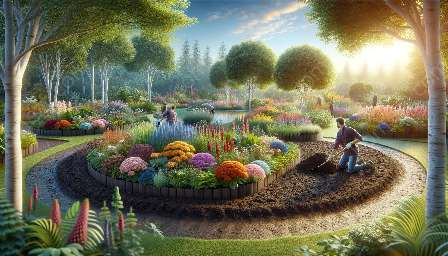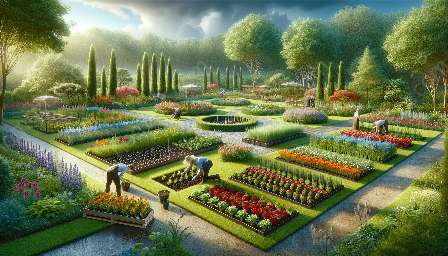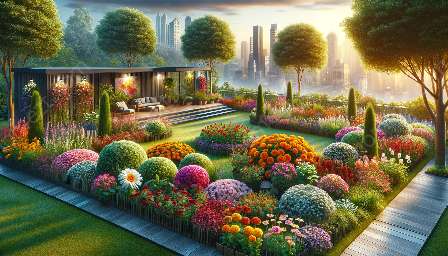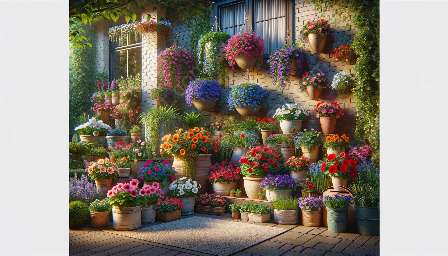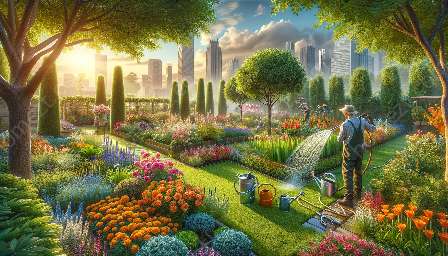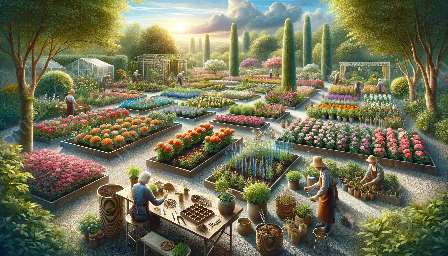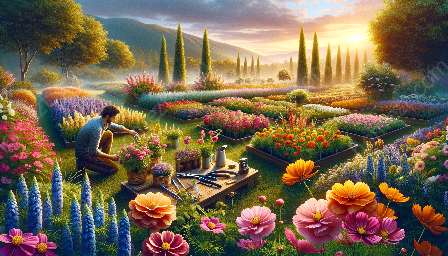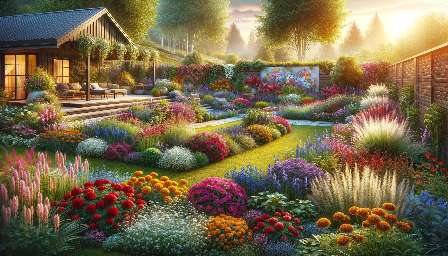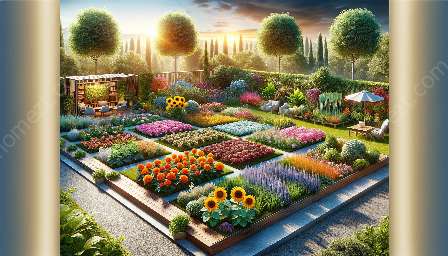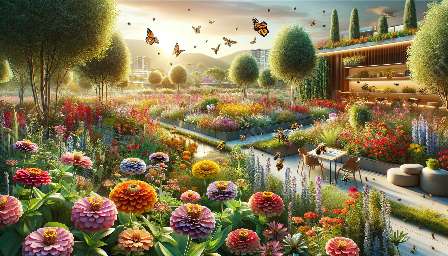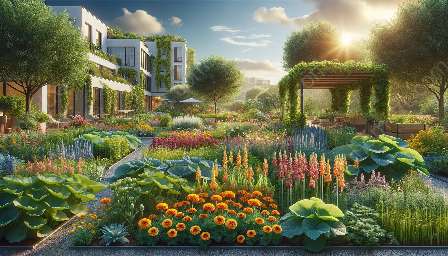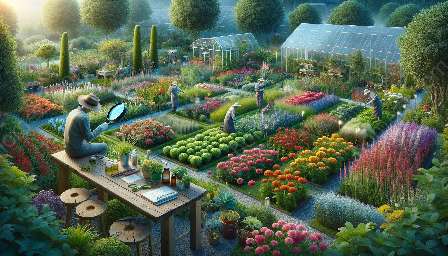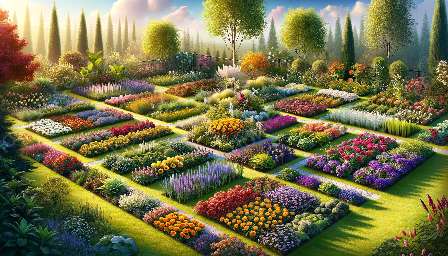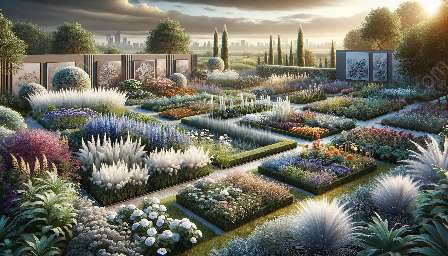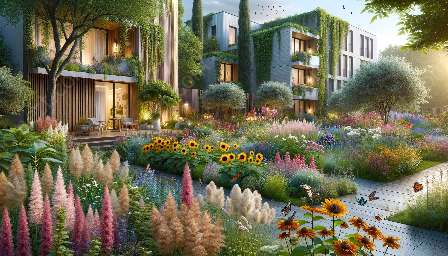One of the most rewarding aspects of gardening is witnessing the diverse array of pollinators and beneficial insects that are drawn to our gardens. By choosing the right annual flowers, you can create an environment that is not only visually appealing, but also supportive of these important creatures. In this article, we'll explore a variety of annual flowers that are known for their ability to attract and sustain pollinators and beneficial insects.
Why Attract Pollinators and Beneficial Insects?
Pollinators and beneficial insects play a crucial role in the health of our ecosystems and food supply. Bees, butterflies, hummingbirds, and other pollinators are responsible for the reproduction of many flowering plants, including agricultural crops. At the same time, beneficial insects, such as ladybugs and lacewings, help control pest populations in the garden, reducing the need for harmful pesticides.
By providing a habitat and food source for these creatures, you can help support their populations and contribute to a more biodiverse and sustainable environment.
Choosing the Right Annual Flowers
When selecting annual flowers for your garden, it's important to consider not only the visual appeal of the blooms but also their value to pollinators and beneficial insects. Here are some annual flowers that are known for their attractiveness to these creatures:
Zinnias
Zinnias are vibrant, easy-to-grow annual flowers that come in a wide range of colors and forms. Their long-lasting blooms are a favorite of butterflies and bees, making them a valuable addition to any pollinator garden.
Marigolds
Marigolds are known for their pest-repelling properties, but they also attract pollinators such as bees and butterflies with their bright, showy flowers. They thrive in sunny locations and are a popular choice for borders and containers.
Salvia
Salvia, with its spiky blooms and aromatic foliage, is a magnet for hummingbirds and butterflies. This drought-tolerant annual flower adds height and texture to the garden while providing sustenance for visiting pollinators.
Cosmos
Cosmos are delicate, daisy-like flowers that provide nectar for bees, butterflies, and other pollinators. They are prolific bloomers and can be easily grown from seed, making them an excellent choice for novice and experienced gardeners alike.
Complementing with Other Plants
Incorporating annual flowers for attracting pollinators and beneficial insects into your garden can be enhanced by combining them with other supporting plants:
Herbs
Many herbs, such as lavender, mint, and oregano, are not only culinary delights but also valuable nectar sources for pollinators. Planting herbs alongside annual flowers can create a diverse and aromatic garden that is beneficial to both people and wildlife.
Native Plants
Native plants are well-adapted to the local environment and provide essential resources for native pollinators and beneficial insects. Incorporating native plants alongside annual flowers can create a more resilient and ecologically sound garden.
Maintaining a Pollinator-Friendly Garden
Once you have established a garden with annual flowers for attracting pollinators and beneficial insects, it is important to maintain a hospitable environment for these creatures:
Watering
Provide water sources, such as shallow dishes or birdbaths, for pollinators to quench their thirst. Be mindful of keeping these sources clean and topped up with fresh water.
Maintenance
Regularly deadhead spent blooms and remove any diseased foliage to help keep the garden healthy and attractive to pollinators and beneficial insects.
Pesticides
Avoid using harmful pesticides that can harm pollinators and beneficial insects. Instead, opt for natural and integrated pest management methods to control garden pests.
Conclusion
By carefully selecting annual flowers and maintaining a healthy garden environment, you can create a vibrant and inviting space that is teeming with pollinators and beneficial insects. Whether you are a seasoned gardener or just starting out, the joy of observing these vital creatures visiting your garden is a rewarding experience that enriches both the garden and the gardener.

